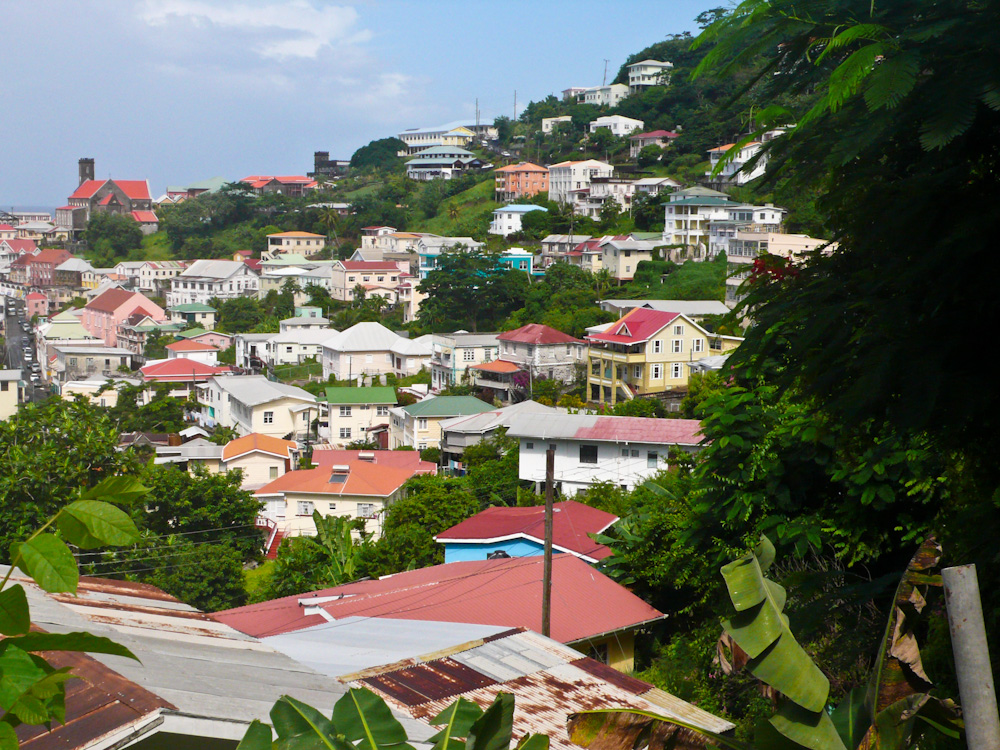“St. George’s University,” I said, beaming from ear to ear, responding to a question about where I would be attending medical school. “Never heard of it, where is it?” she asked, taking another sip of her drink. “It’s in Grenada, in the Caribbean,” I said. She put down her drink, the corners of her mouth dropped slightly. “Oh, so a Caribbean medical school. What happened? You couldn’t get into a U.S. school?”
My eyes opened wide, and I felt my mouth go dry. “No, I could get into a U.S. school but I chose to attend a Caribbean school” — that’s what I would have said if the words could come out of my mouth. I felt shocked by her blatant disregard for a school she had never heard of and most likely knew nothing about.
Through this conversation, I became more aware about the misconceptions that surround Caribbean medical schools. I doubted my choice and began to question if I made the right decision. After some research, I realized that these misconceptions were deeply rooted in fiction rather than fact. My research left me wondering why was there still a stigma around Caribbean medical schools when, time and time again, many rumors have been proven wrong.
Stigmas tend to arise when there is a lack of information. When there is no reliable information, people tend to rely on falsehoods. We can begin dismantling misconceptions by talking about our own experiences in order to allow for better understanding and perspective.
Myth #1:
One popular myth is that Caribbean medical schools are not as good as American schools. In my experience, this is not true. Several Caribbean medical schools provide a medical education on par with their American counterparts. Just like at a U.S. medical school, the workload is rigorous and intense, but doable if one is willing to put the work in.
My school, St. George’s University (SGU), follows nearly the same basic science curriculum as American schools and even allows students to go to the United States to do their clinical years. SGU’s pass rate for USMLE Step 1 the first time taken is 96% with a mean score of 224 for U.S. students and 230 for Canadian students. The national average Step 1 score for U.S. and Canadian students who were first time test takers in 2016 was 228.
In 2017 and 2018, 93% of SGU students matched successfully into a U.S. residency across all specialties. SGU, among other medical schools, continues to build a strong foundation for student success. More than the numbers, the student experience is invaluable. SGU and other Caribbean medical schools give students a unique ability to study in another country to learn and gain exposure to a new culture. These experiences have allowed me and my peers to grow as both individuals and future physicians.
Myth #2:
Another common misbelief is that attending a Caribbean medical school limits the specialty one can match into. No matter what school you attend, matching into residency can be challenging. A strong application is much more than just an institution.
76% of former SGU students in 2017 placed into primary care specialties. However, many former students from St. George’s University have matched into several historically difficult specialties like surgery, dermatology, neurology, etc. A scroll through SGU residency postings in 2019 allows one to see the diversity in specialty choice among students. These students, just like U.S. students, worked hard, studied and didn’t let anyone define their limits.
Myth #3:
Many believe that Caribbean medical schools just accept “anyone.” While some Caribbean medical schools have earned a reputation of accepting unqualified applicants, others have been more selective. SGU, for example, takes a holistic approach to candidates while enforcing criteria to be met before acceptance. This includes coursework done in undergraduate, a minimum GPA and MCAT score, as well as volunteer work and extracurricular activities. If applicants meet the criteria, they are granted an interview and, from there, hopefully acceptance. This process is true to U.S. schools as well.
Attending a Caribbean medical school was my first choice, not a last resort. The opportunities and experiences I have received at my Caribbean medical school were unmatched to anything I could have imagined. I encourage any prospective students to learn about all medical schools with an open mind. There are many rumors that swirl around and continue to fuel the stigma. But the stigma only holds as much power as we give it.
Image Credit: “Grenada-80” (CC BY-NC-ND 2.0) by Katchooo

